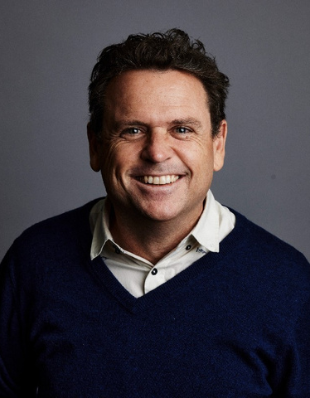Supported by:




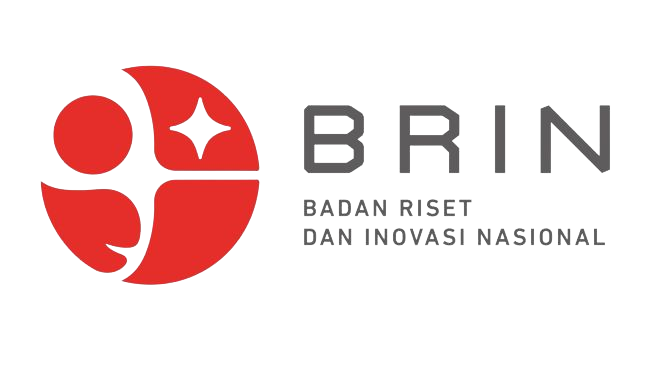








The latest report from the International Governmental Panel on Climate Change (IPCC) captures the full scale
of the threat to human life in a heating world. The surge of carbon emissions in the last decade lead mother
earth to the climate crisis. Various initiatives have taken to curb the climate catastrophe. From global
treaty policy (Paris Agreement 2015 to Glasgow Climate Pact 2021) to technology intervention (renewable energy
to battery electric vehicles innovation). Even, Indonesia G20 presidency makes the energy transition as one of
priority agenda. Because energy transition follows the Paris Agreement, which targets net-zero emissions by
2060.
Based on the current situation, the National Battery Research Institute (NBRI) will conduct the International
Conference on Battery for Renewable Energy and Electric Vehicles (ICB-REV) 2022 in collaboration with Queen
Mary University of London (QMUL) United Kingdom, International Union of Material Research Societies (IUMRS)
and Material Research Society Indonesia (MRS-INA). This conference will bring together scientists,
academicians, industry partners, the government and all stakeholders that focus on battery technology for both
Electric Vehicles and Renewable Energy. The ICB-REV 2022 will be the insightful space for all related
stakeholders to disseminate their innovations, exchange their ideas & perspectives and also open international
networking for bolstering the global energy transition agenda.
Since its establishment on December 07th 2020, the NBRI has performed various events covering the battery
technology, renewable energy, and electric vehicles topics. NBRI has successfully conducted the ICB-REV 2021
and International Conference on Advanced Material and Technology (ICAMT) 2021 with 154 distinguished speakers
across 16 countries. There were more than 150 selected articles published in AIP Proceedings, IONICS journal,
and Progress on Natural Science and Material International (PNSMI) journal. In addition, NBRI has also
organized International Battery School (IBS) 2021, Climate Challenge Workshop 2021, International School of
Battery in Electric Vehicles (ISBEV) 2021, International Workshop on Material and Advanced Characterization
(IMAC) 2021 and International Workshop on Solar Rooftop Residential and Utilities Scale (ISRUS) 2021.
The main concern of ICB-REV 2022 is focused on advanced battery technology from raw materials to cell
fabrication, energy storage for renewable energy, and electric vehicles battery and charging station that
support energy transition. This should be accomplished by the presence of invited world-class speakers,
international participants, global industry players and international battery associations. The selected
articles will be published in AIP international proceedings and other reputable journal Scopus indexed.
Following ICB-REV 2022, the consecutive events will be organized as complementary to broaden audiences such
as:
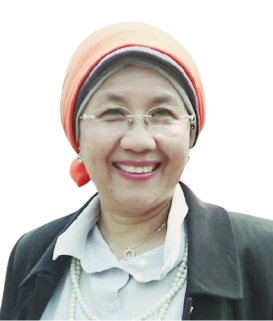
,_midstream_(cell_fabrication),_and_downstream_(applications_and_recycling).jpg)
.jpg)
.jpg)
.jpg)
President Director of Indonesia Battery Corporation, Indonesia
Toto Nugroho Pranatyasto is a President Director of Indonesia Battery Corporation (IBC) Indonesia. He is former manager for New & Renewable Energy Business Development at Pertamina. He received bachelor science of chemical engineering from University of Indonesia (1986 - 1991). Then, he continued to The University of Texas Austin for Master on Chemical Engineering. Mr. Toto also enrolled in Leadership Executive Program, Business Administration and Management by INSEAD (2013- 2014).
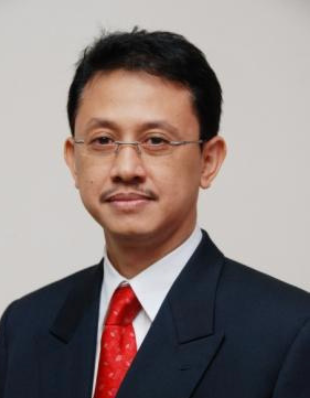
Executive Director of European Automotive and Industrial Battery Manufacturers (EUROBAT), Belgium
Rene Schroeder is an Executive Director of European Automotive and Industrial Battery Manufacturers (EUROBAT), Belgium since 2017. EUROBAT is the association for the European manufacturers of automotive, industrial and energy storage batteries. EUROBAT has more than 50 members from across the continent comprising more than 90% of the automotive and industrial battery industry in Europe. He received his bachelor degree in University of Nebraska at Kearney (2001), then Master degree on History/Political Science from Universität Rostock (1997-2002) and Master degree on European Studies/Civilization from College of Europe in Natolin (2003-2004).
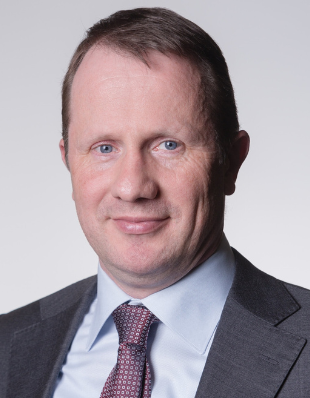
President of IUMRS and European Academy of Science (EurASc), Portugal
Prof. Rodrigo Martins is full professor in Materials Science Department of Faculty of Science and Technology of New University of Lisbon, a fellow of the Portuguese Engineering Academy since 2009 and a member of the European Academy of Science since 2016. He was decorated with the gold medal of merit and distinction by the Almada Municipality for his R&D achievements. Prof. Rodrigo has been involved in the pioneer European research on Amorphous silicon semiconductors and pioneer with is group worldwide activity related to passive and active oxides, the so called transparent electronics and it is one of the inventors of the so-called paper electronics, where paper is exploit not only as asubstrate but also as a functional component in active devices. He published over 700 papers and during the last 10 years got more than 14 international and national prizes and distinctions for his work (e.g. Lisbon Energy Live Expo, Innovation Prize, 2012 Solar Tiles, European Patent Office Innovation nomination 2016, etc.
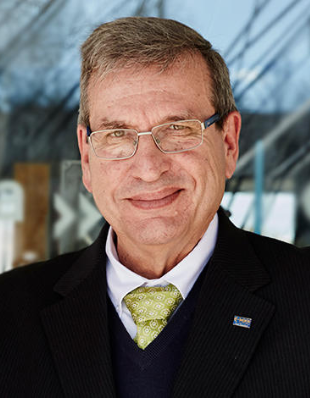
Director of Australian Battery Society (ABS), Australia
Professor Neeraj Sharma is a Director of Australian Battery Society (ABS), Australia. He also Associate Professor of University of New South Wales (UNSW), Australia. Neeraj completed his Ph.D. at the University of Sydney then moved to the Bragg Institute at Australian Nuclear Science and Technology Organisation (ANSTO) for a postdoc. He started at the School of Chemistry, UNSW on a Australian Institute of Nuclear Science and Engineering (AINSE) Research Fellowship followed by an Australian Research Council (ARC) Discovery Early Career Research Award (DECRA). He is currently an Associate Professor and ARC Future Fellow. Neeraj has been the Royal Australian Chemical Institute (RACI) Nyholm Youth Lecturer (2013/2014) and has won the NSW Premier's Prize for Science and Engineering (Early Career Researcher in Physical Sciences, 2019), Australian Synchrotron Research Award (2018), RACI Rennie Memorial Medal for Chemical Science (2018), UNSW Postgraduate Supervisor Award (2017) and a NSW Young Tall Poppy Award (2014). Neeraj has over 165 publications and has been invited to present his work at over 30 conferences. Neeraj’s research interests are based on solid state chemistry, designing new materials and investigating their structure-property relationships. He loves to undertake in situ or operando experiments of materials inside full devices, especially batteries, in order to elucidate the structural subtleties that lead to superior performance parameters. Neeraj’s projects are typically highly collaborative working with colleagues from all over the world with a range of skill sets.
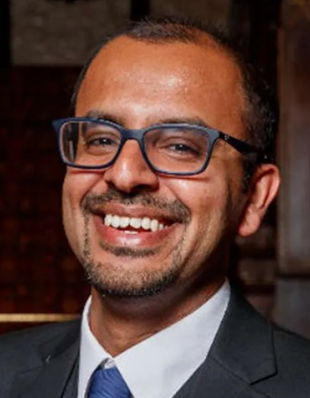
Deputy Director of Faraday Battery Challenge Innovate UK, United Kingdom
Prof. Jacqui Murray is a Deputy Director of Faraday Battery Challenge Innovate UK, United Kingdom. As Deputy Director of the £318m million Faraday Battery Challenge Jacqui helps lead government investment to develop batteries that are cost-effective, long range, fast charging, durable, safe and recyclable. Her background in the steel industry, environmental regulation and advanced materials innovation provides industrial relevance in her role as a Visiting Professor (Royal Academy of Engineering) at the University of Leicester, where she enhances the engineering program. A keen STEM ambassador, Jacqui takes an active leadership approach on diversity and inclusion throughout her work. Named as one of Autocar’s Top 100 Women in Automotive based on Seniority and Influence in 2020.
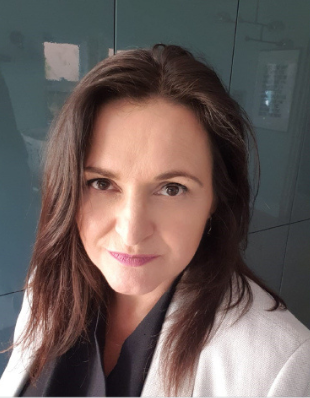
Chairman of National Research and Innovation Agency (BRIN), Indonesia
Dr. Laksana Tri Handoko is an Indonesian scientist and public official specializing in theoretical and particle physics. He formerly served as the deputy head of science and technology for the Indonesian Institute of Sciences from 2014 to 2018. And he became Chairman of the institute start from 2018. He appointed as the second (but first independent) holder of Head of National Research and Innovation Agency.
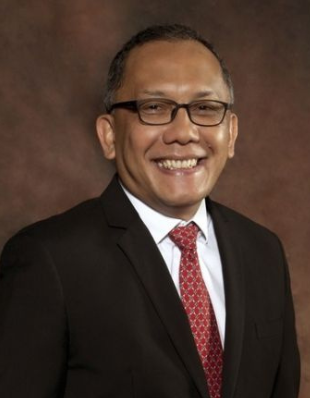
Chief Energy Officer of New Energy Nexus, United States
Danny Kennedy is the Chief Energy Officer for New Energy Nexus, an international organization that supports clean energy entrepreneurs with funds, accelerators and networks. Launched in California, New Energy Nexus now operates programs in China, India, Southeast Asia, and East Africa. Leading up to his role at New Energy Nexus, Danny worked at the California Clean Energy Fund, connecting entrepreneurs everywhere to capital to build an abundant clean energy economy that benefits all. In 2016, CalCEF launched New Energy Nexus. Kennedy is also the President of CalCharge, a public-private partnership with DoE National Labs and universities in California, unions and companies, working to advance energy storage. Kennedy co-founded Sungevity in 2007, the company that created remote solar design, and Powerhouse, a smart energy incubator and accelerator. He was the first backer of Mosaic in 2011, the $2B solar loan provider, and remains on the Board of Powerhive, a solar mini-utility in Kenya and Sunergise, a solar-as-a-service business out of Fiji and EnergyLabAustralia. He is also a Director of the organizations VoteSolar, Power for All and Confluence Philanthropy and adviser to SolarPhilippines. Kennedy authored the book Rooftop Revolution: How Solar Power Can Save Our Economy–and Our Planet–from Dirty Energy in 2012. Prior to being an entrepreneur, he worked at Greenpeace and other NGOs on climate and energy issues for 20+ years.
